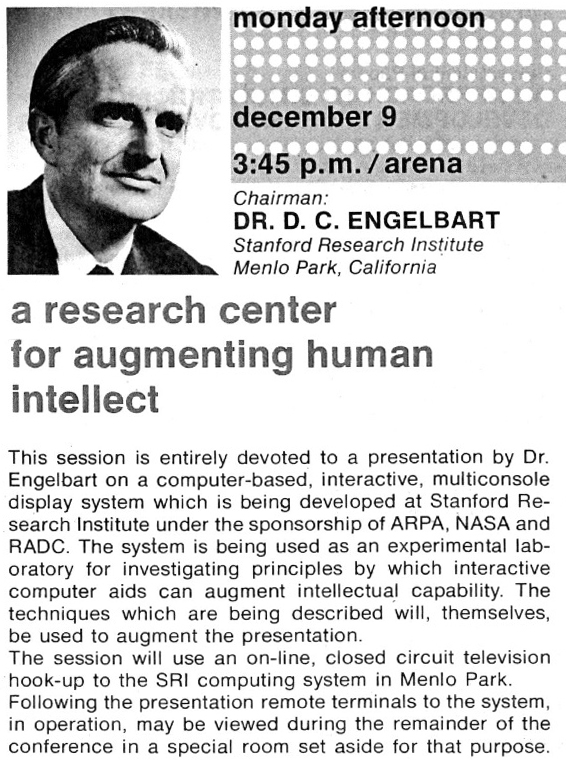My teenage daughter knows a bit about life and art and intellectual pursuits. But only a bit. She rated John’s “Acts of the Apostles” as “not bad”, which is to say she liked it a lot. It’s a good read, and she can relate to its view of uncool dudes in the world. But having grown up living the technology instead of studying it, she takes too much for granted to appreciate the detailed references or the jokes.
I’m not yet recommending John’s latest book to her. She does not yet have the intellectual background for “The Pains.” Thank God.
Everyone over 20 should read it. It is an easy, funny and entertaining novella to read, with terrific pictures, and I thoroughly enjoyed it. But it has a challenging subject that forms a litmus test of whether you’ve been out in the world and paying attention and asking questions: What is the scope of science, religion, and politics?
“The Pains” is no wishy-washy thematic rambling — it has an opinion. (My favorite line is when the heroine meets the obviously dying hero for the first time in an ’80’s dance bar and declares, “I hate the fucking Eagles.”) I had first thought that opinion was centered on the general theme of “neo-con totalitarianism is bad, starting with Reagan.” As such, maybe the story was a bookend capturing a dead era?.
But the deeper theme of personal vs messianic science, religion, and politics are certainly not resolved this January, 2009. Indeed, a soul’s freedom requires perpetual awareness, and I think I hope that it always will.





